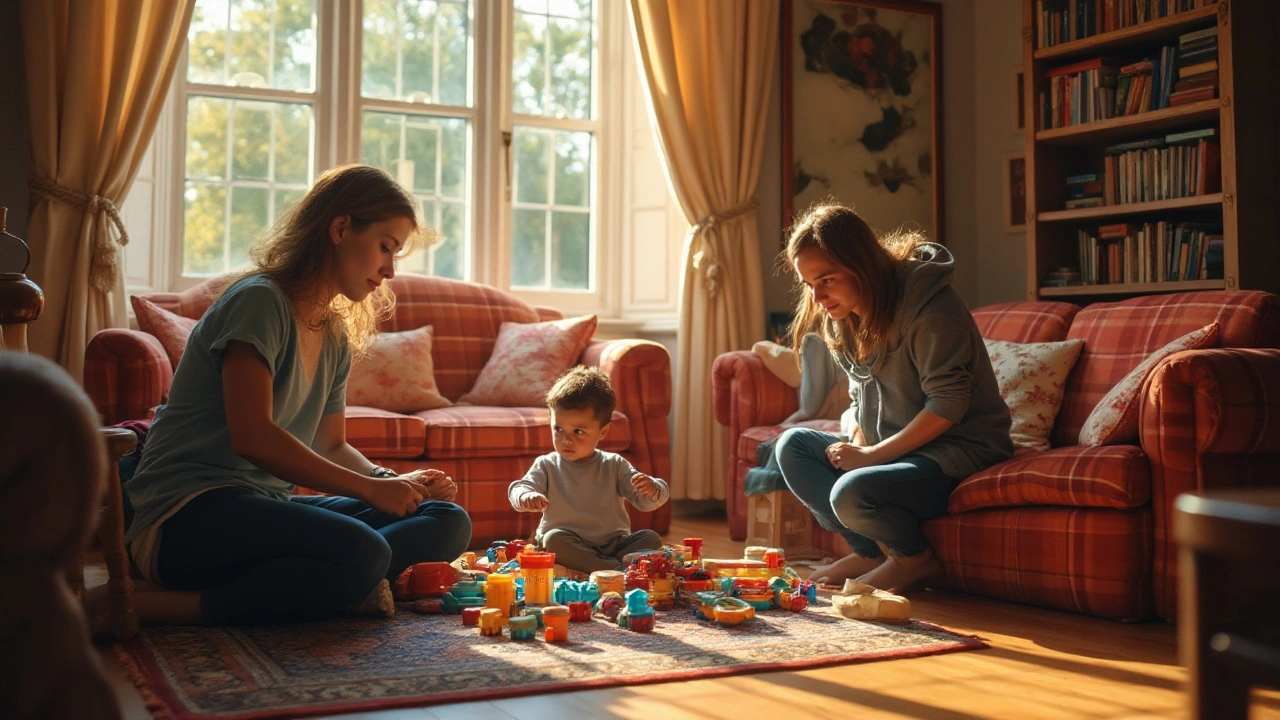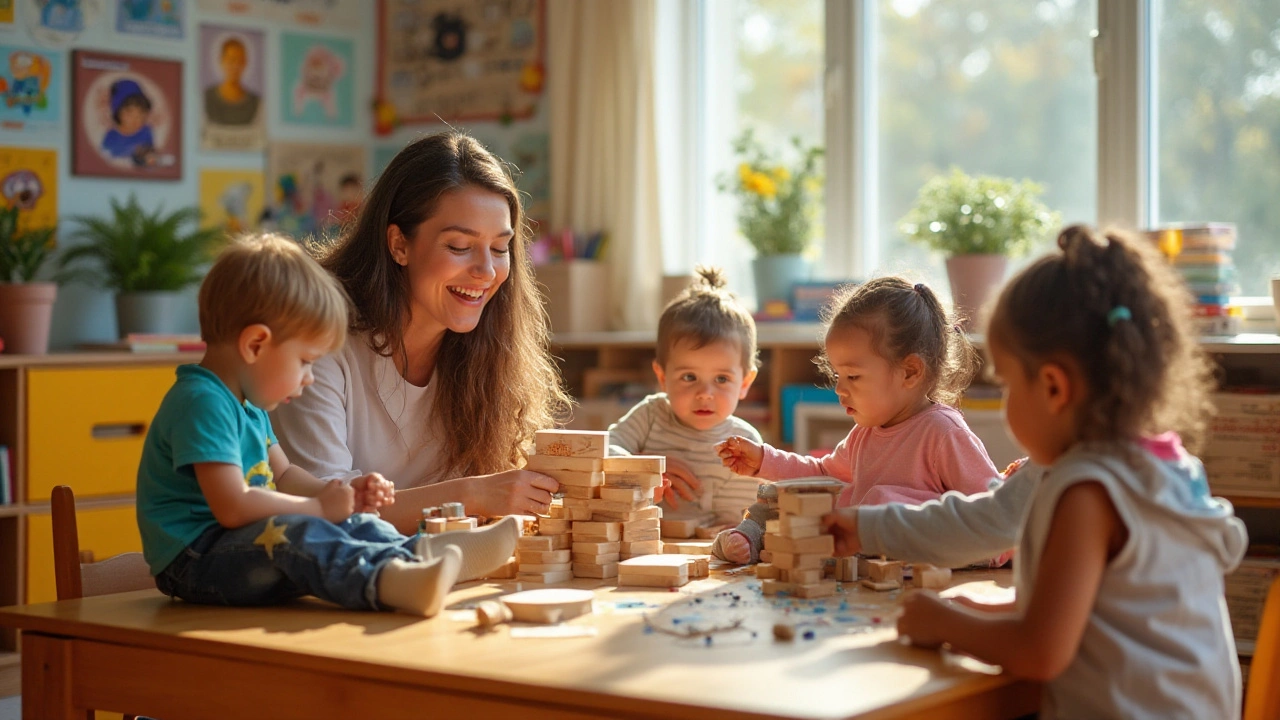Child Development: What Every Parent and Teacher Should Know
Kids grow fast, and the best way to keep up is to understand the basics of child development. Whether you’re a parent, a teacher, or a caregiver, knowing what to expect at each stage helps you give the right support at the right time.
Key Milestones from Birth to Primary School
In the first year, babies move from reflexes to purposeful actions. By six months they’re usually rolling over, and by twelve months they’re often standing or even walking. Around the age of two, language bursts happen – you’ll hear “mama” and “dada” and a flood of two‑word phrases. At three to four years old, kids start to grasp basic counting, can share stories, and begin to follow simple rules in games.
Primary school brings more complex thinking. At five to seven years, children can read simple sentences, solve basic math problems, and understand cause‑and‑effect in everyday situations. By eight to ten, they’re ready for longer reading, multi‑step problem solving, and teamwork projects.
Supporting Development at Home and in the Classroom
Talk, play, and read together. Short daily conversations boost vocabulary, while reading aloud builds comprehension and imagination. Hand‑on activities like building blocks, puzzles, or cooking together strengthen fine motor skills and logical thinking.
Don’t forget emotional growth. Ask kids how they feel after a busy day, model calm responses to stress, and teach simple coping tricks like deep breaths. When children see adults handling emotions openly, they learn to manage their own feelings.
Special needs deserve extra attention, too. If a child has ADHD, for example, they may tire quickly despite high energy. Break tasks into short chunks, give frequent breaks, and keep instructions clear. Using inclusive language, such as “students with additional needs,” respects dignity and fosters a supportive environment.
Physical activity is non‑negotiable. A daily dose of outdoor play improves focus, coordination, and mood. Even a quick 10‑minute walk can reset a restless brain and make it easier to settle into study time.
Technology can be a helper, not a hindrance. Apps that use spaced repetition or active recall can turn memorization into a fun game. Just keep screen time balanced with real‑world interaction.
When challenges pop up, stay proactive. If a child struggles with reading, try phonics games or a weekly library visit. For math anxiety, use real‑life examples like shopping lists or cooking measurements.
Finally, celebrate progress. Small wins—like mastering a new word or completing a puzzle—boost confidence and motivate further learning. A simple high‑five or a sticker chart can go a long way.
Child development isn’t a race; it’s a journey you share with the kids in your life. By staying curious, offering consistent support, and celebrating every step, you help them blossom into confident, capable learners.

Effective Strategies for Parenting Children with Special Needs
- by Eliza Fairweather
- on 31 Jan 2025
Raising a child with special needs can be both rewarding and challenging, requiring unique approaches to ensure their growth and happiness. This article delves into practical strategies that support the development of children with special needs, offering insights into how parents can nurture their strengths and address their challenges. Discover essential tips for creating a supportive home environment, fostering communication, and navigating educational resources. Whether you're a seasoned parent or new to this journey, the knowledge gathered here will guide you in making a positive impact on your child's life.

Understanding the Early Years Curriculum: Key Elements and Insights
- by Eliza Fairweather
- on 13 Nov 2024
Discover what the early years curriculum is and why it's crucial for young children's development. This piece explores foundational elements and principles, highlighting ways to support learning during these critical years. Learn how play-based approaches and hands-on activities shape a child's journey. Practical tips for parents and educators ensure a thriving environment for little learners.
